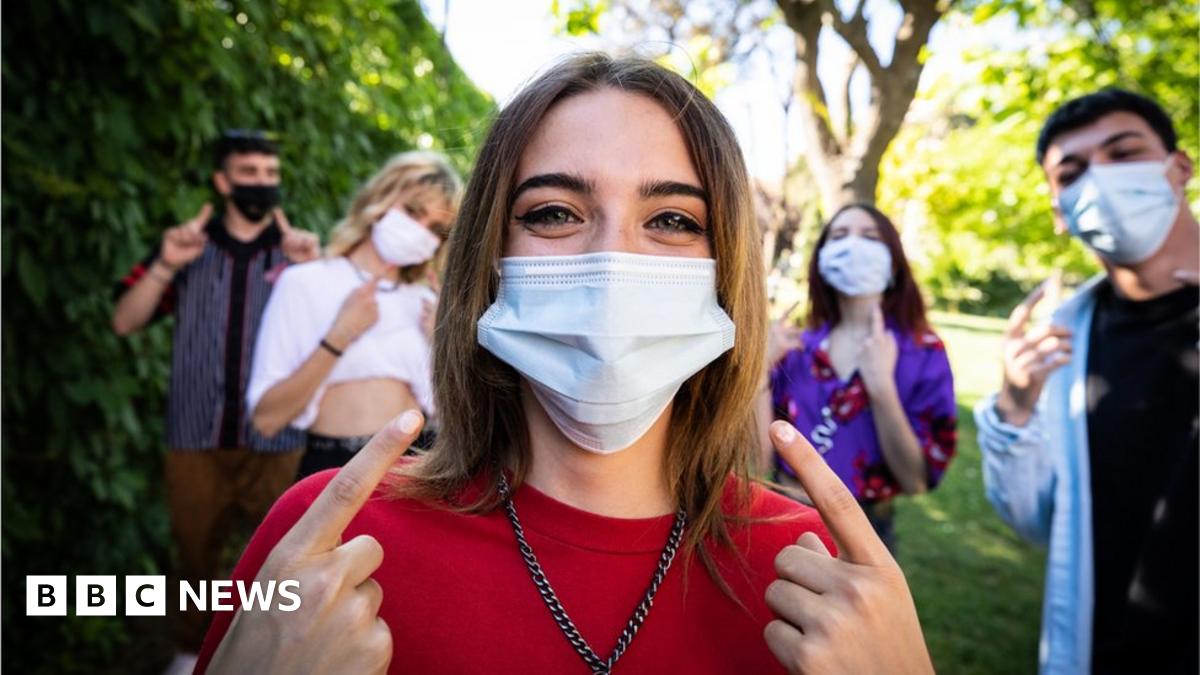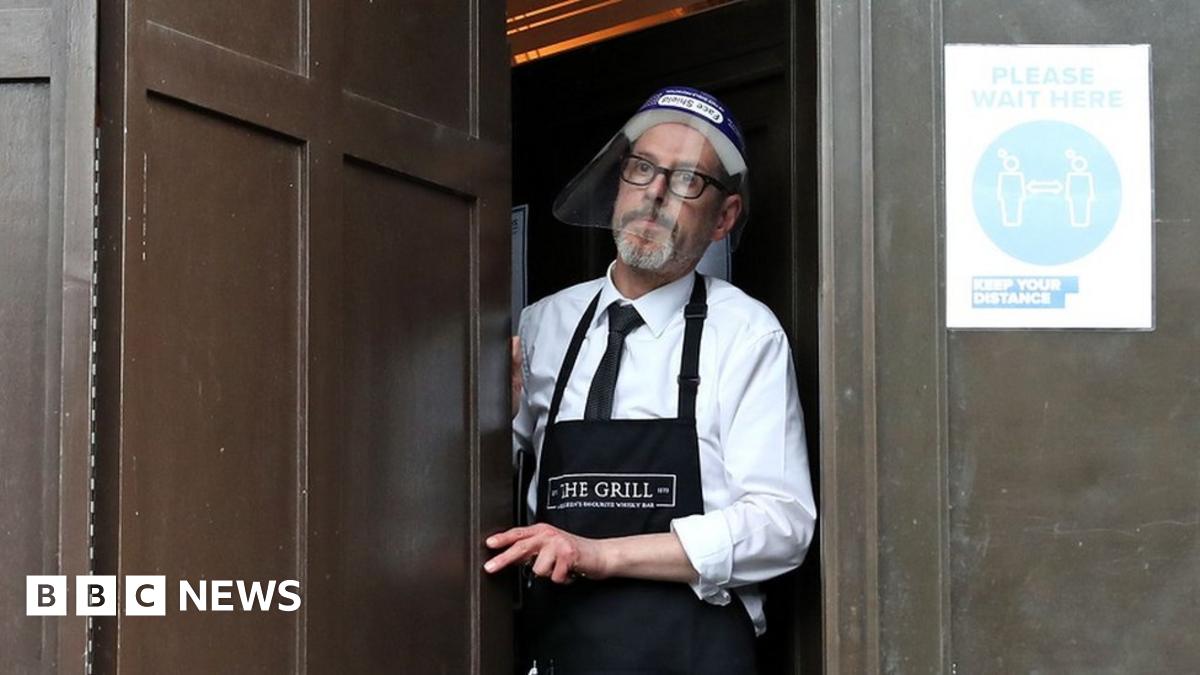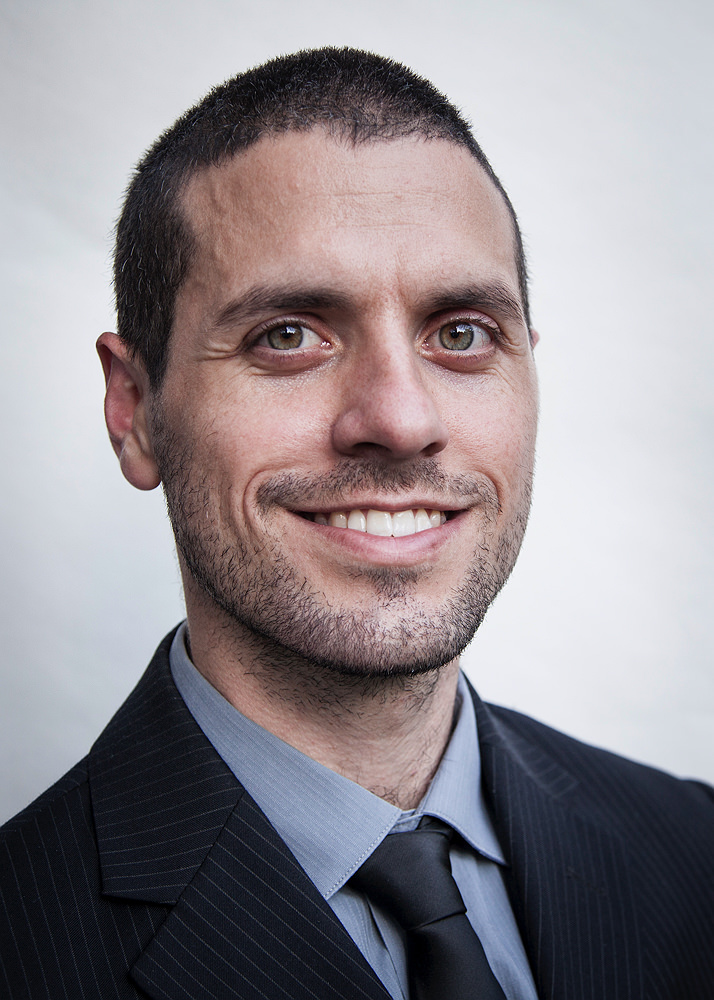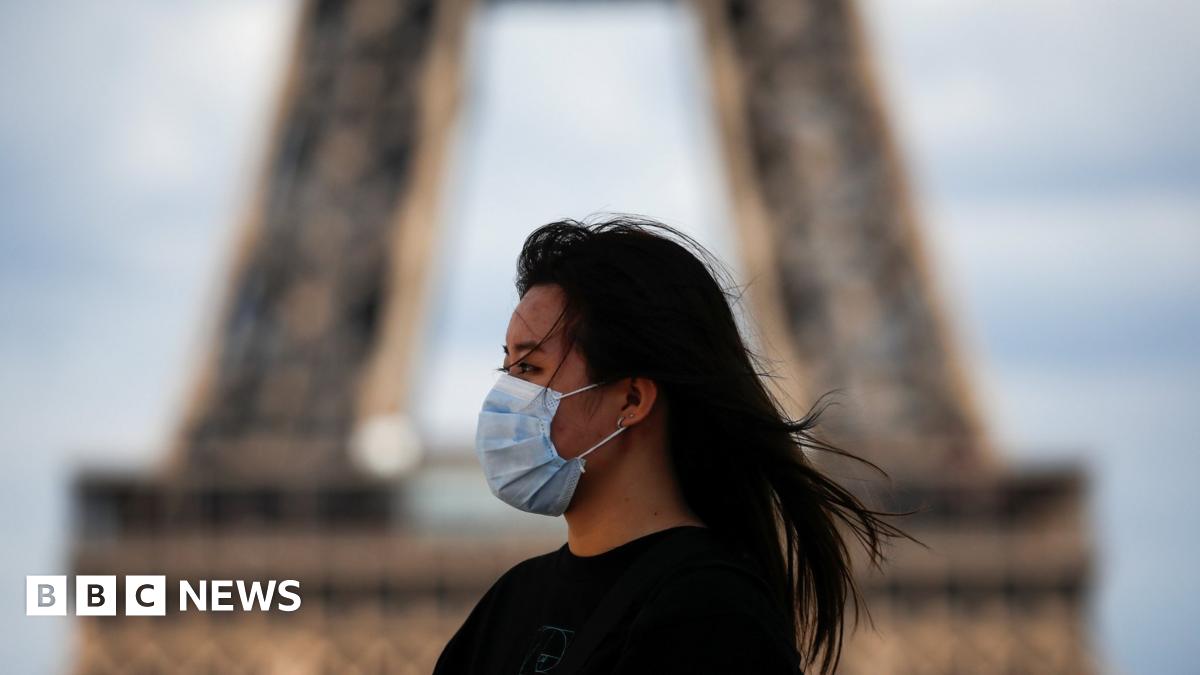florduh
Well-Known Member
How the pandemic might play out in 2021 and beyond
June 2021. The world has been in pandemic mode for a year and a half. The virus continues to spread at a slow burn; intermittent lockdowns are the new normal. An approved vaccine offers six months of protection, but international deal-making has slowed its distribution. An estimated 250 million people have been infected worldwide, and 1.75 million are dead.
Scenarios such as this one imagine how the COVID-19 pandemic might play out1. Around the world, epidemiologists are constructing short- and long-term projections as a way to prepare for, and potentially mitigate, the spread and impact of SARS-CoV-2, the virus that causes COVID-19. Although their forecasts and timelines vary, modellers agree on two things: COVID-19 is here to stay, and the future depends on a lot of unknowns, including whether people develop lasting immunity to the virus, whether seasonality affects its spread, and — perhaps most importantly — the choices made by governments and individuals. “A lot of places are unlocking, and a lot of places aren’t. We don’t really yet know what’s going to happen,” says Rosalind Eggo, an infectious-disease modeller at the London School of Hygiene & Tropical Medicine (LSHTM).
June 2021. The world has been in pandemic mode for a year and a half. The virus continues to spread at a slow burn; intermittent lockdowns are the new normal. An approved vaccine offers six months of protection, but international deal-making has slowed its distribution. An estimated 250 million people have been infected worldwide, and 1.75 million are dead.
Scenarios such as this one imagine how the COVID-19 pandemic might play out1. Around the world, epidemiologists are constructing short- and long-term projections as a way to prepare for, and potentially mitigate, the spread and impact of SARS-CoV-2, the virus that causes COVID-19. Although their forecasts and timelines vary, modellers agree on two things: COVID-19 is here to stay, and the future depends on a lot of unknowns, including whether people develop lasting immunity to the virus, whether seasonality affects its spread, and — perhaps most importantly — the choices made by governments and individuals. “A lot of places are unlocking, and a lot of places aren’t. We don’t really yet know what’s going to happen,” says Rosalind Eggo, an infectious-disease modeller at the London School of Hygiene & Tropical Medicine (LSHTM).


 ):
):